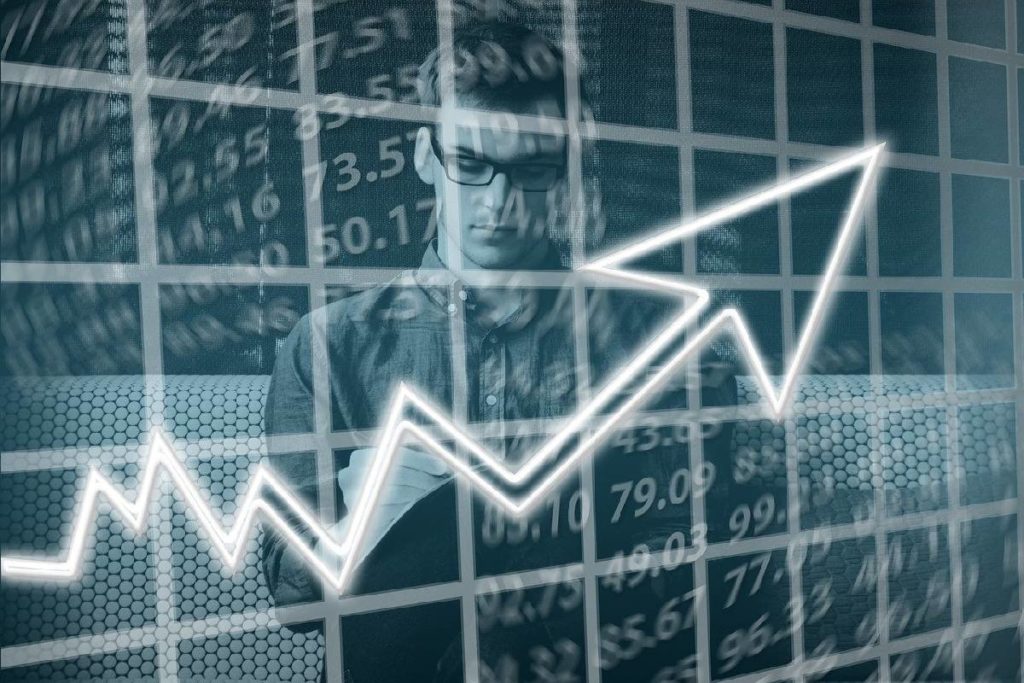The Father of Economics is celebrated the Father’s Day on Sunday, June 15, just like all Mexicans.
The economists who have changed the course of the economy also deserve to be celebrated this day.
Because their contributions have made significant advances to economics that is relatively young.
We present to you some characters who have revolutionized thinking in the economic sphere.
And who have influenced governments’ economic policymakers to implement a series of measures to face economic cycles.
Table of Contents
1. Adam Smith
There is a consensus that Adam Smith is considered the father of political economy.
He is the most Famous Father of Economics.
His work called Investigation on the nature and causes of the wealth of nations (1776) is the one that indicates one of his most excellent reflections on economic aspects.
“It is self-interest that directs all aspects of behavior and human activity.”
This is, according to his ideas, what drives the division of labor and capital accumulation, causing, in turn, an increase in productivity.
Fort Smith, labor is the only factor of production that generates the wealth of a nation.
“The annual work of each nation is the fund that, in principle, provides all the things necessary and convenient for life and that a country consumes annually.
Said fund is made up of the immediate product of labor or with what is accepting from other nations through said product,” says Smith.
However, for him, wealth varies in each country for two reasons.
The work’s aptitude and skill are exercising and the ratio between the number of workers in a useful job and who is not.
In his opinion, an economic institution stands out: the division of labor.
It increases each worker’s skill, stimulates the invention of tools that facilitate it, and, above all, saves time.
How is the division of labor achieved?
Smith says it results from a more significant rise in the amount of work that people can do.
And, at the same time, which generates a high standard of living.
Adam Smith is also known for defending the free market.
2. John Keynes
John Maynard Keynes (1883-1946) considers the father of macroeconomics.
He is one of the Father of Economics.
Since he focused his studies on the economy’s aggregate variables.
Many economists also consider him the father of economic policy, since he proposed fiscal and monetary instruments.
The situation of the world economy in the 1930s was a problem that economic theory had to face and overcome.
Keynes inscribed the General Theory of Employment, Interest, and Money in 1936.
To cope with the economic recession and high unemployment.
His diagnosis was that there was insufficient aggregate demand.
It was the cause of unemployment.
so he proposed that a policy of state intervention be applying, offering mainly a fiscal policy.
In the background, a policy of monetary stimulus is to be able to mitigate cyclical fluctuations in economic activity.
Among the components that make up aggregate demand are consumption and investment.
The latter is the variable with the most volatility and affects the economy to a greater extent.
He proposed higher spending on infrastructure by the government and a lowering of the interest rate to stimulate investment.
Despite his revolutionary ideas, few economists empathized with his thoughts at the time.
Active economic policies often lead to imbalances in the economy.
However, he defending the short term under the argument that “in the long term we will all be dead.”
3. Milton Friedman
Milton Friedman (1912-2006).
He was the father of the monetarist current, promoter of neoliberalism, and a prominent professor, at the University of Chicago.
His ideas influenced countries around the world on the role of money in the economy.
In fact, beginning in the 1970s, neoliberalism came thanks to him.
Friedman denied that a laissez-faire economy and private industry are subject to severe tendencies of instability.
In addition, unlike Keynes, he gave greater importance to monetary policy, noting that an expansionary policy can create economic crises.
At the same time, a restrictive one can also be negative due to price deflation.
Thus, the Great Depression, for him, was attributing to the implementation of restrictive monetary policies by the United States Federal Reserve.
One of the most relevant ideas of this economist and statesman is that increase is always,
And everywhere, a monetary marvel, produced in the first instance by the exaggeratedly rapid growth of the quantity of money.
When it comes to short-term or cyclical fluctuations in the economy.
Friedman pointed out that there is no evidence that fluctuations in money volume cause the economy to swing.
But he believing that this was the leading cause.
But this does not end with Friedman. After him, other theories are developing that have impacted the way of thinking about economic action, of which we will be talking very soon.
Also read: What are the main Benefits of GST? – Features, Scope, Impact, and More
